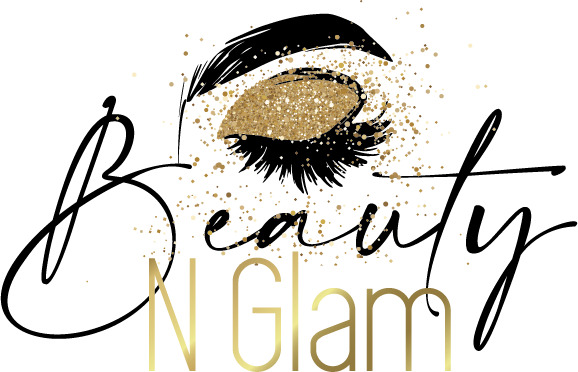Hemp Oil
Hemp seed oil is high in fatty acids which serve as building blocks for the skins surface layer. When applied to the skin Hemp Seed oil increases hydration, strengthens skin against environmental damage, and helps to smooths the skins surface!
By now, we've all learned that essential oils are a necessary part of our routine if we want to keep our skin in tip-top shape. Clear skin, a brighter complexion, evened-out discoloration—there are a lot of benefits to incorporating an oil or two into our everyday skincare. From coconut to Moroccan oil, it seems that we've heard ad nauseum about every oil we need—until now. Allow us to introduce you to the next "It" oil in skincare: hemp seed oil. We spoke with dermatologist Joshua Zeichner, MD; Dr. Raymond Schep, the Chief Chemist of Colonial Dames Co.
TYPE OF INGREDIENT: Oil
MAIN BENEFITS: Reduces inflammation, hydrates, regulates oil production.
WHO SHOULD USE IT: In general, people with acneic or combination skin.
HOW OFTEN CAN YOU USE IT: As often as you would use any oil—roughly twice a day.
WORKS WELL WITH: Acids and retinoids as it may mitigate the irritation they cause.
DON'T USE WITH: Hemp seed oil can be used universally.
What is Hemp Seed Oil?
Hemp seed oil—not to be confused with hemp oil, which is a blanket term for all oils that come from hemp and can include cannabidiol (CBD) oil—is made out of purely hemp seeds. CBD oil, in turn, is made from leaves, stalks, and flowers of hemp (and sometimes seeds as well). "Hempseed Oil is the oil derived from the seeds of the hemp plant which is a cannabis plant cultivated for non-drug use. The oil is legally and used in large quantity for cosmetics, nutritional supplementation and skin oils. It can be legally used when it has a tetrahydrocannabinol (THC) content of less than 0.3%," Dr. Schep tells us.
"It can be marketed on its own or as an ingredient in moisturizing topicals," says MacGregor. "Make sure you know the difference between hemp seed oil and CBD oil. The latter absorbs into skin and binds to cannabinoid receptors in the brain. It can have effects that are only beginning to be understood on anxiety, mood, sleep and many other conditions. CBD can also have low levels of THC which has obvious psychoactive effects."
- Locks in hydration: According to Spiegel, hemp seed oil is high in omega acids 3, 6, and 9, all of which help repair the skin barrier and form a seal over the skin to keep moisture trapped inside.
- Attracts moisture: "It is also a humectant, so it draws moisture to the skin," she says.
- Anti-inflammatory: Those same omega acids in hemp seed oil also help lower inflammation in the skin. 1
- Soothes skin: "Hemp seed oil is rich in fatty acids, which help hydrate and soothe inflamed skin," says Zeichne
- Anti-acneic: Zeichner also says it "may even modulate skin oil production," which is huge for people with acneic or overly oily skin.
Topical hemp seed oil has no known side effects.1
Naturally, hemp seed oil is being integrated into plenty of beauty products as a hydrator and anti-inflammatory. In particular, we love to use it with retinoids or after acids because it's so effective at staving off inflammation. It works wonders for redness and acne, too.1 It's pretty easy to know how much to apply—just use as much as you would any other oil. However, we would be remiss if we told you hemp seed oil's effects ended at skincare.
An example? Well, if you wear nail polish, you know that one downside to loving it is that sometimes it might cause nails to grow weaker and slower. Lisa Bronner, author of the blog Going Green with a Bronner Mom, wrote for the Huffington Post that because hemp oil contains amino acids for protein building, it's great for strengthening nails and healing cuticles. She suggests applying the oil directly to them and massaging it in.
Fender is also a huge fan of incorporating hemp seed oil into your diet because its nutrients are so good for your body. "I especially like to use raw hemp seeds in cooking, because they are in their natural state, so the body can absorb all the nutrients they offer most easily," she says. "Hemp seeds are great in salads, granolas, smoothies, and mixed in with grains, deliciously delivering vitamins A and E, but also essential trace minerals and a wealth of antioxidants."
"It has a crispy, nutty taste and can be used on salads as a replacement for olive oil," adds Spiegel. "It is high in omegas and full of essential amino acids that help make younger, smoother-looking skin and reduce inflammation in the body." Because it is a highly volatile oil, she does say it must be kept refrigerated and not heated.
